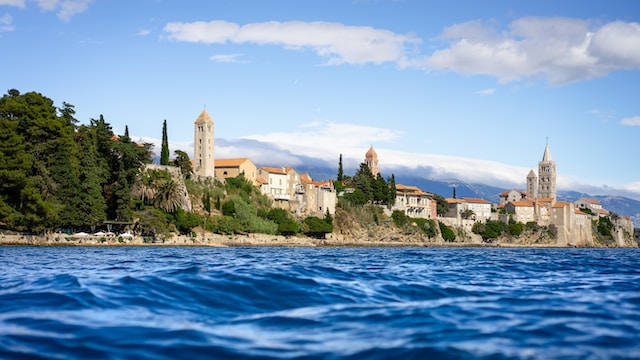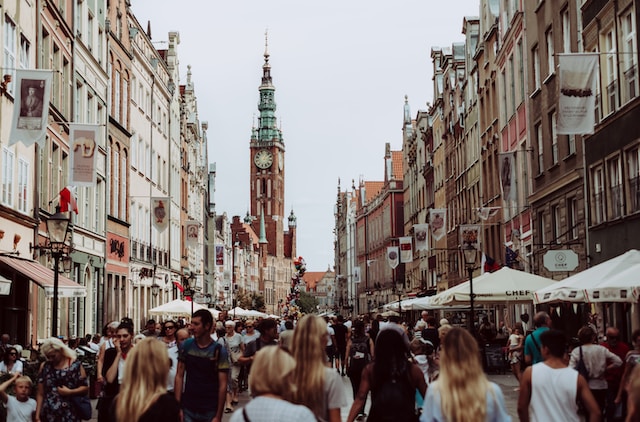The Republic of Austria is located in the south of central Europe. A landlocked collection of 9 federations, with capital as Vienna, is a landlocked country. The eight shared borders are with Germany, Slovenia, Slovakia, Czech Republic, Switzerland and Liechtenstein. It has a population of nine million, and Austrian-German is their official language.
In terms of Grand Domestic Product (GDP), Austria ranks in the top fifteen in the world and among the top 3 in the European Union (EU). In terms of quality-of-life Austria topped the list in 2019 and among the top 10 since 2012!
Benefits of living in Austria
Austria’s rich, unique, and ancient culture, security, landscape, economic activity, and unmatchable quality of life makes it the most desirable place to live. Many aspirants from within the EU and around the world sought out immigration to Austria due to the reasons mentioned earlier. However, for citizens of non-EU countries the criteria are lengthy and stricter than an EU citizen.
Having roots that date back to the pre-Roman era, the culture of Austria is exquisite and deep. Museums, libraries, opera houses, theaters, concert halls, etc. are all very common sights. And access to these places is affordable to all.
Austria is also known for its public transportation services. The country offers trams, buses, trains, metros, and private cabs at very fair prices. The other benefit of living in Austria is access to its very well-structured, and high standard of educational service. Attractive scholarship programs for researchers, scientists and field specialists are offered to outstanding students from around the world.
Every year hundreds of patients are flown into Austria for healthcare. The healthcare system covers almost everything and has set itself among the world leaders in healthcare providers. The crime rate in Austria is very low, and among those violent crimes are even rare.
Types & requirements of permanent residence
Before moving on to the requirements for a non-EU resident’s eligibility to apply for immigration, let’s cover the general criteria for eligibility. Adequate means of subsistence, health insurance coverage which covers all risks and provides benefits in Austria, and adequate accommodation according to the family size are compulsory for all applicants.
Adequate means of subsistence means that an individual shall be consistently earning around 1000 EUR monthly. For a couple, the minimum requirement is 1550 EUR and 155 EUR for a child in addition, if applicable.
In order to obtain permanent residency in Austria, one must have resided in the country for at least 5 years legally and continuously. Additionally, strong financial support through a job, self-employment, or business shall be proved. Have had complete coverage health insurance, have maintained an appropriate accommodation, and do not pose to be a threat to the public. And lastly, completing module 2 of the “Integration Agreement” which includes obtaining a B1 level of the German language.
Types and requirements for citizenship
Once a person has obtained a permanent residence in Austria, he/she can become eligible for applying for citizenship after ten years of which five as a permanent resident. The requirements for acquiring citizenship are fair, as it requires a person to have a positive attitude towards Austria, sufficient knowledge of the German language, a sound financial support system, and lastly hold no criminal records. A person spending ten years in Austria is very likely to fulfill all the above requirements for citizenship.
Immigration by investment
As stated earlier that Austria borders with eight sovereign states; being completely landlocked, the economic ties of Austria with its neighbors are exemplary. This makes Austria a very attractive destination for their investments. Austria is by far the only European country that officially allows direct investment citizenship, known as “Citizenship by investment” or “Economic citizenship”.
Although economic immigration may mean investing millions of EUR in Austria, but for those who can afford it, the process is very simple and usually takes between six to eight months for the process.




